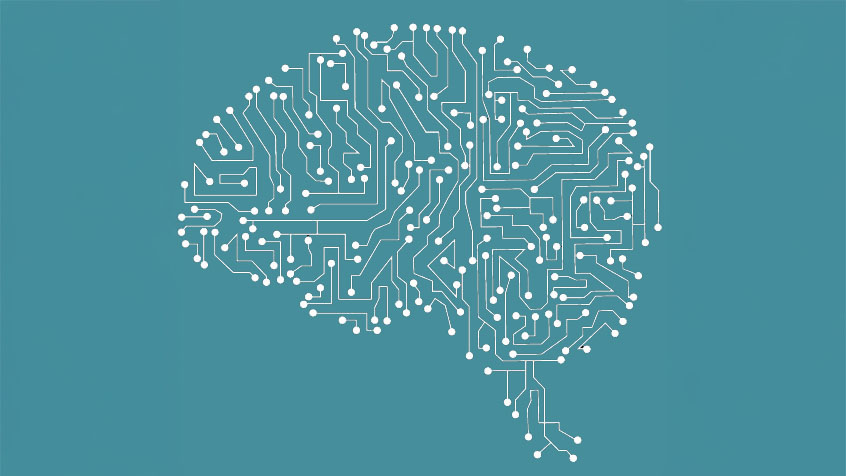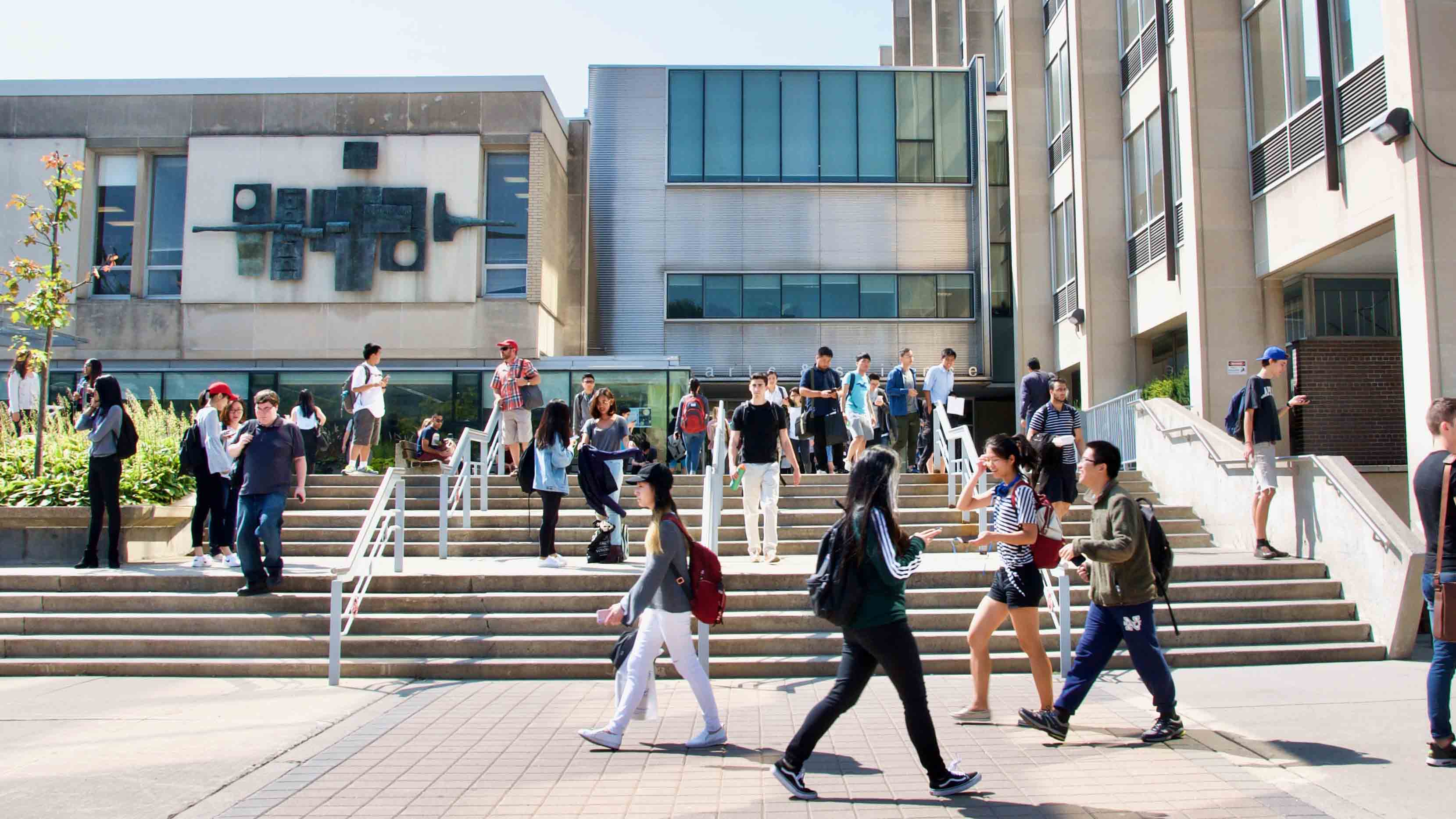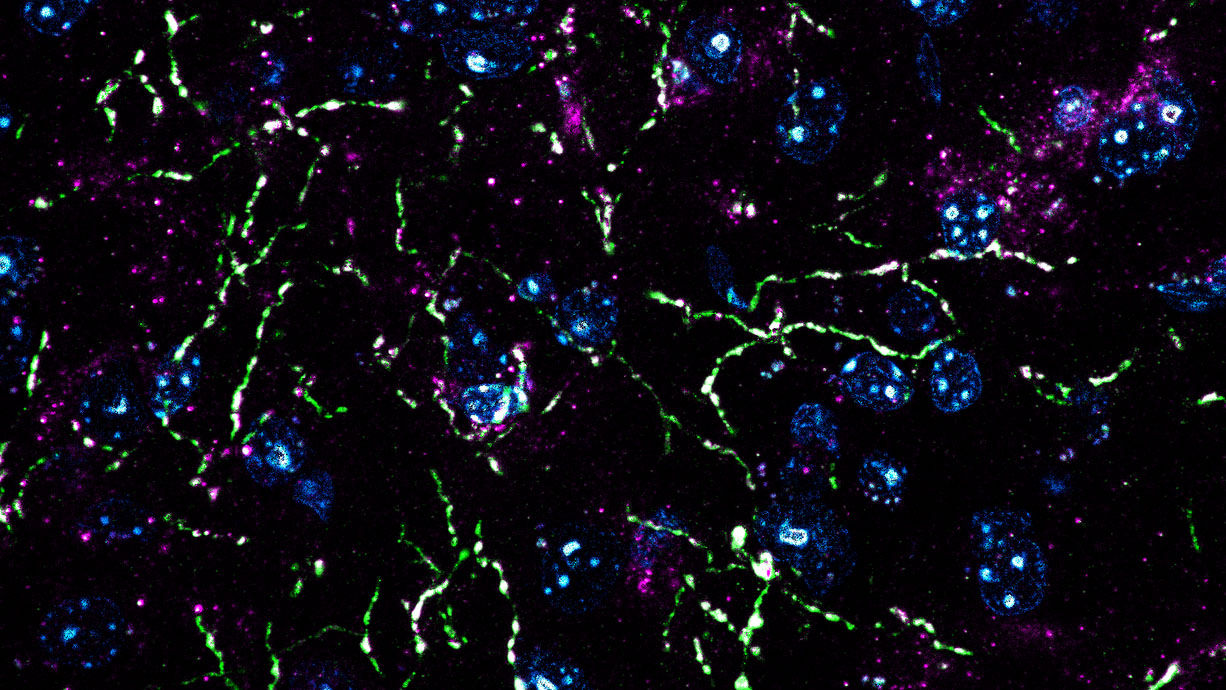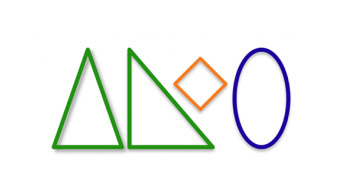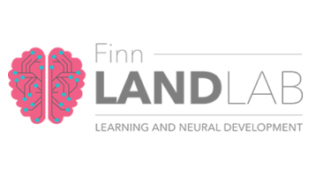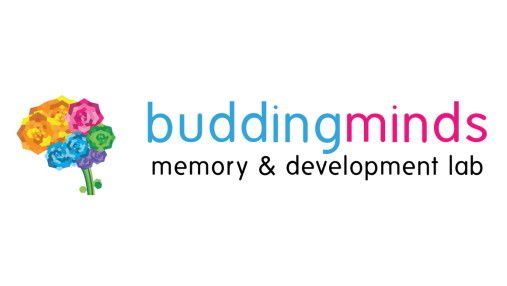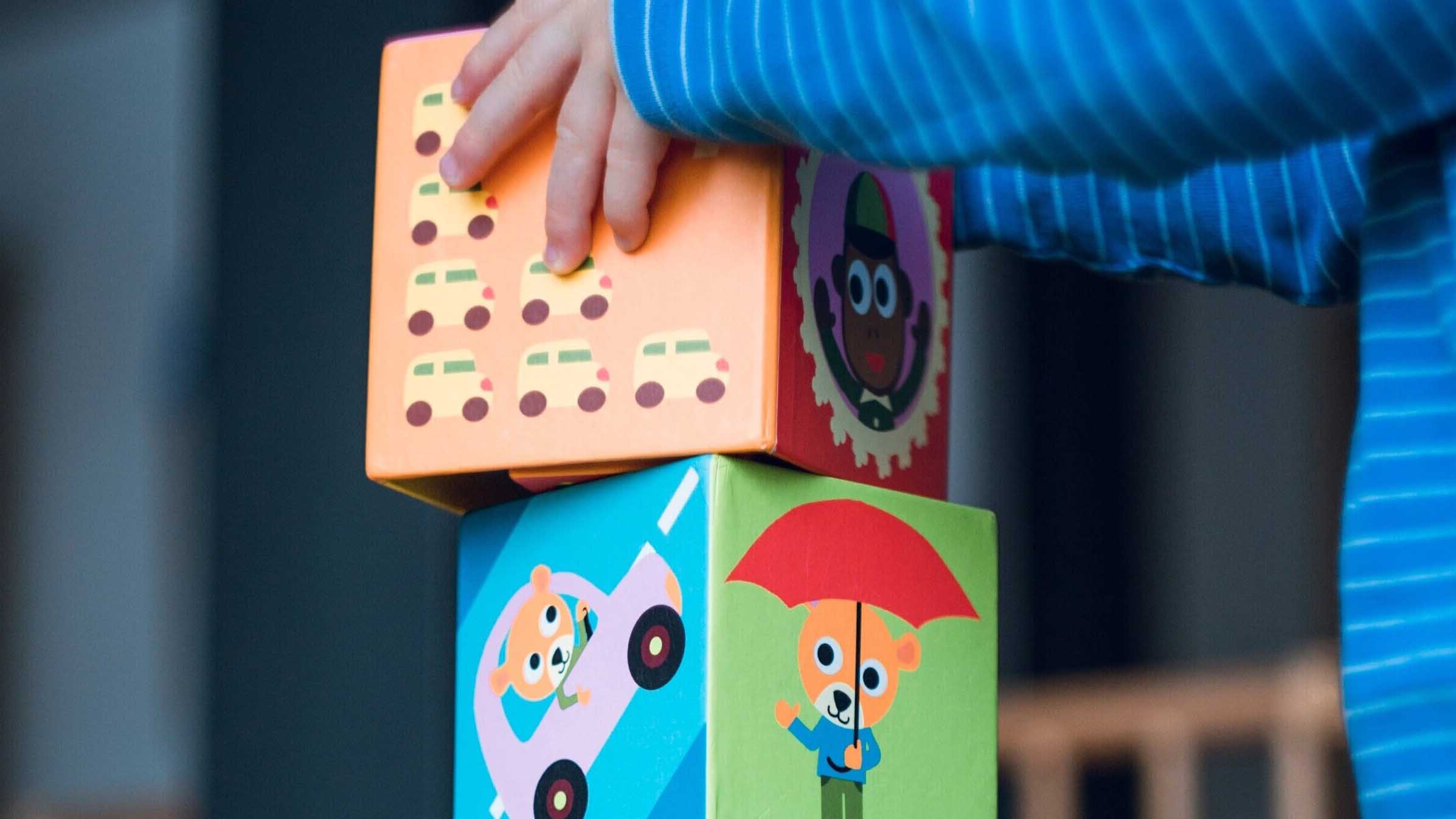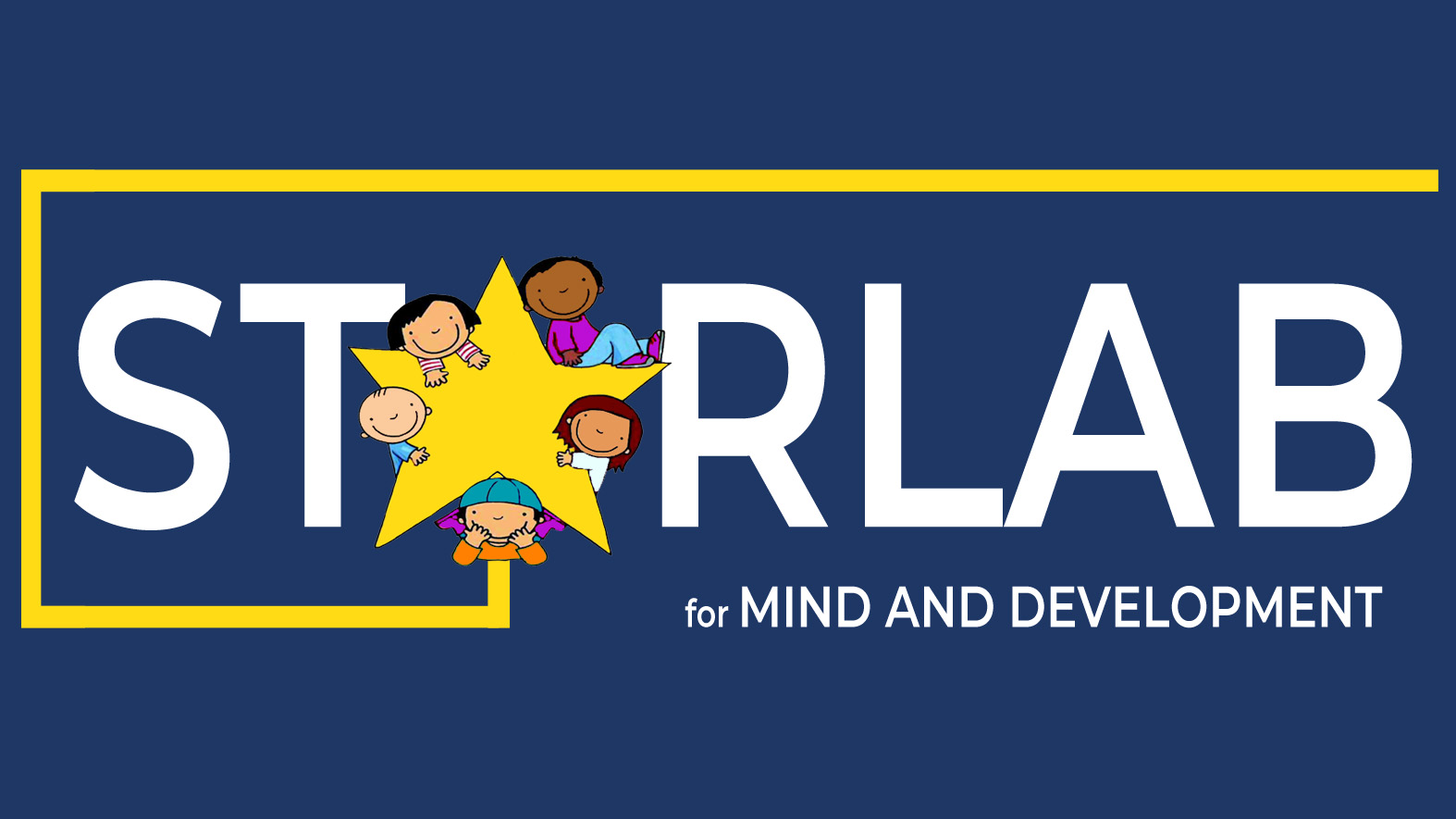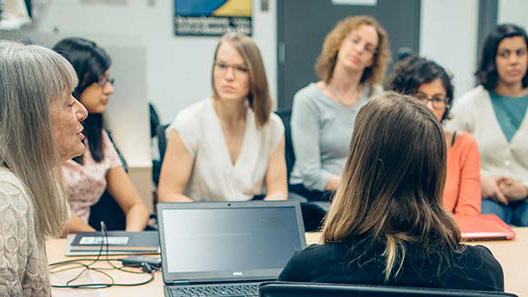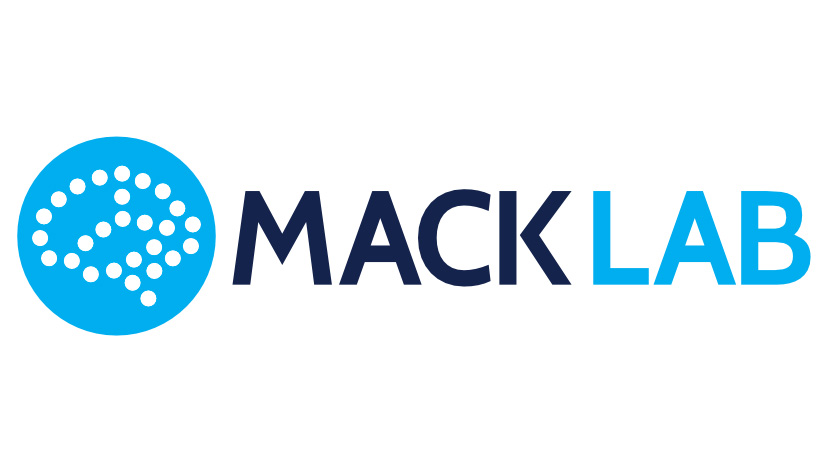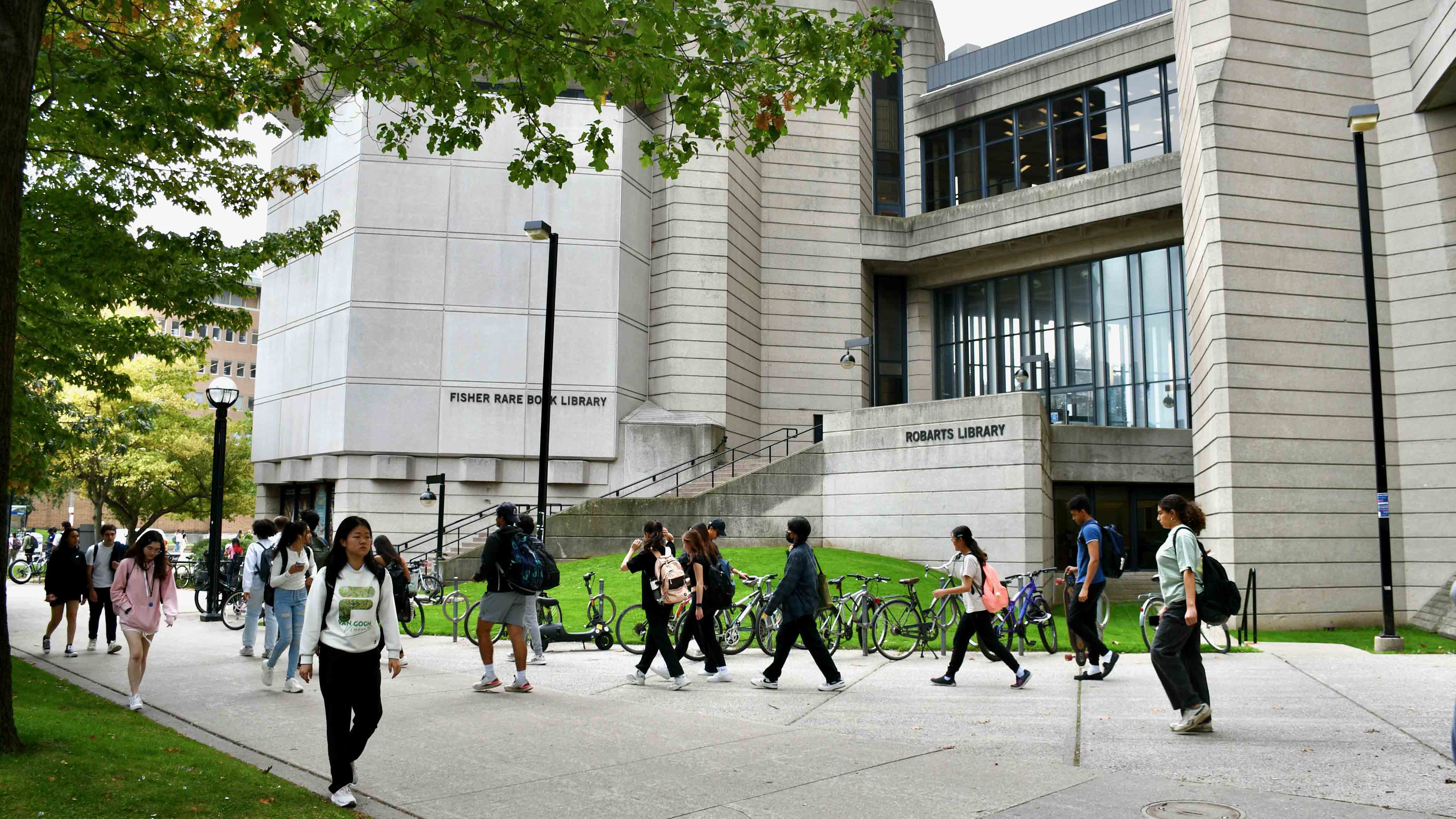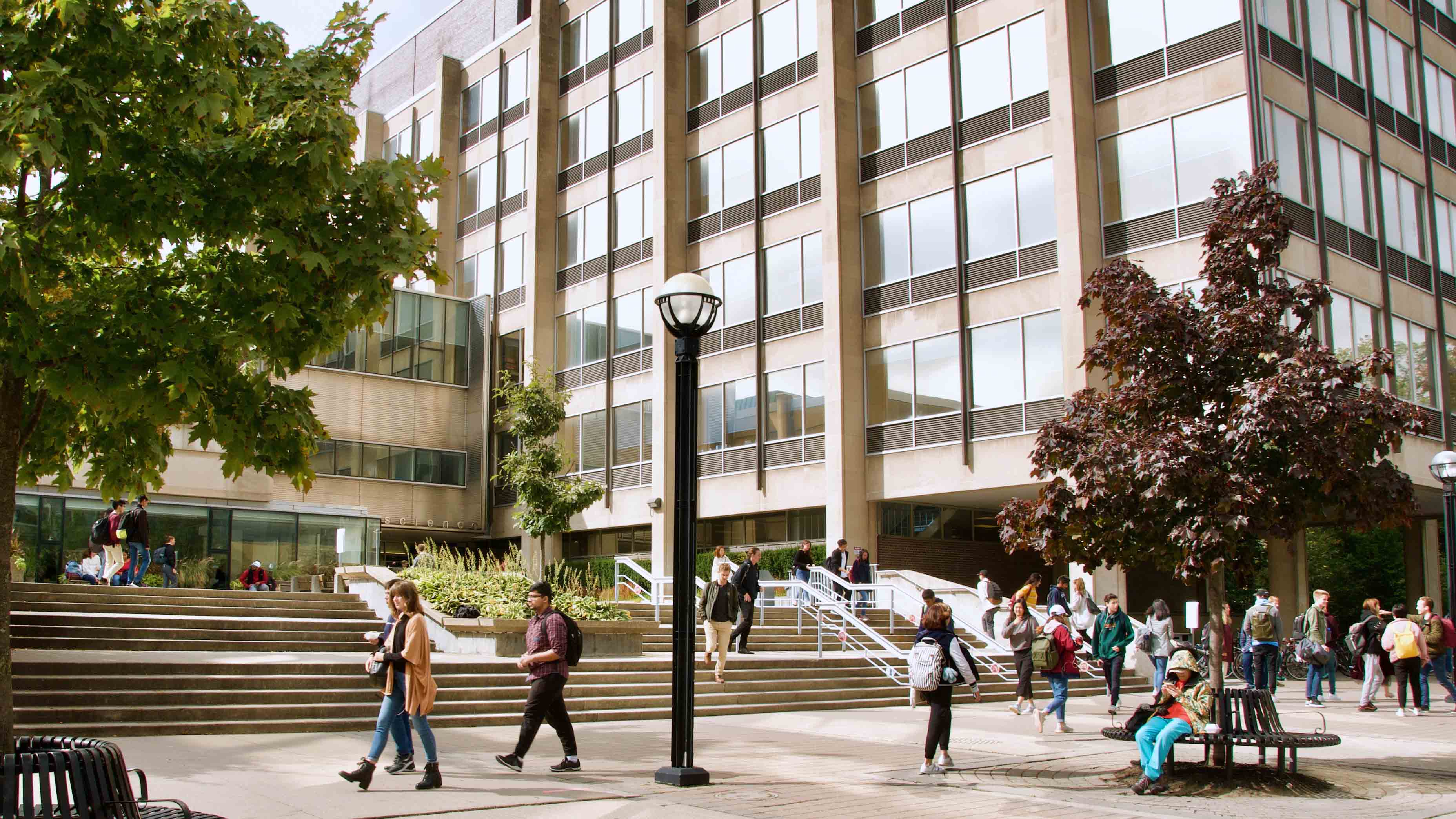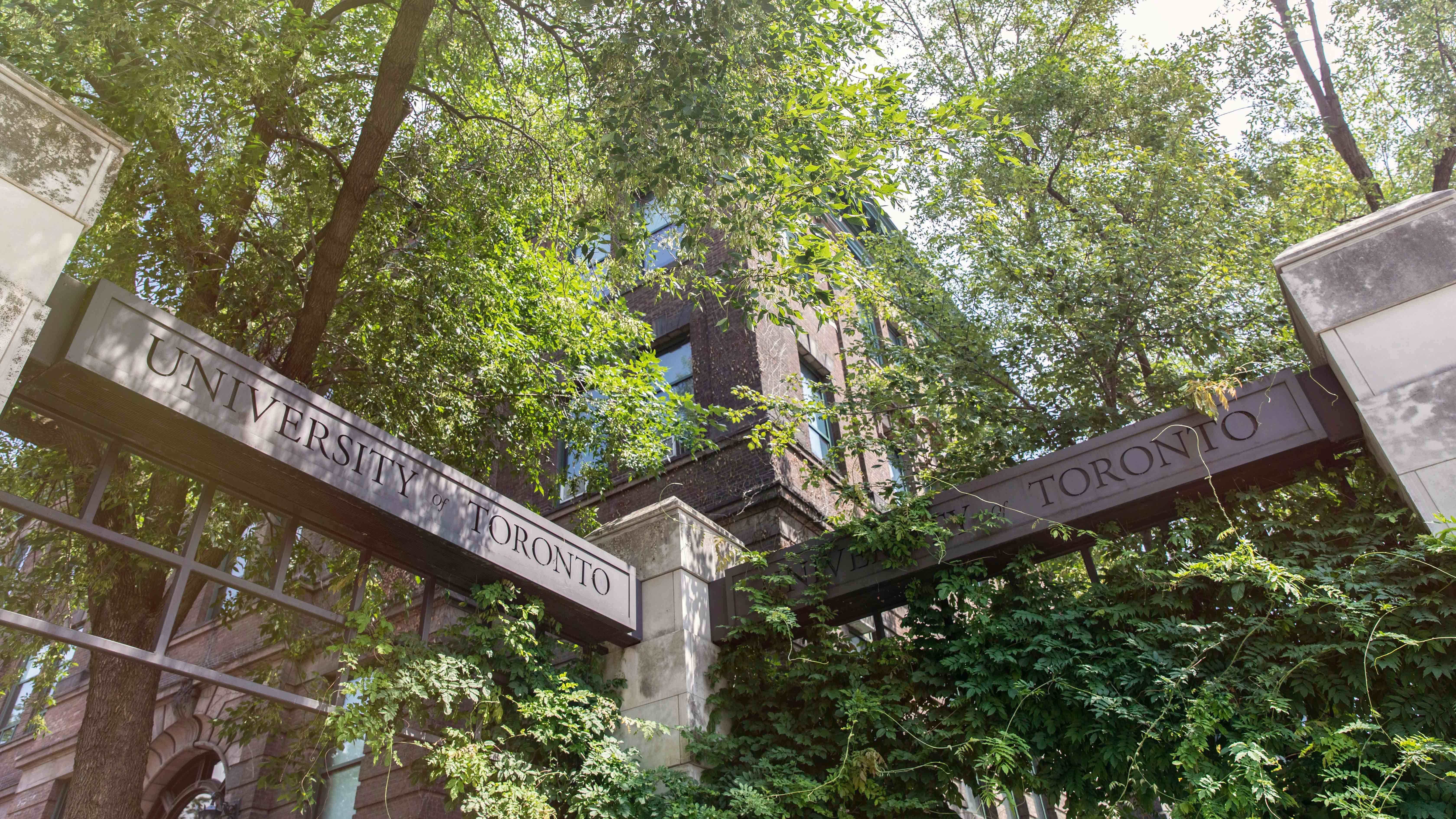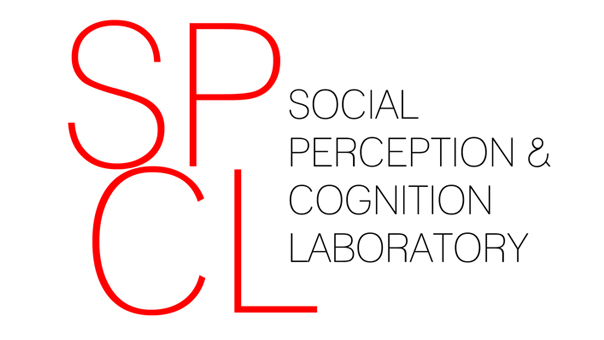Behavioural Neuroscience
The Corbit Lab
Laura Corbit
Our lab studies the behavioural and neural control of instrumental learning and reward-seeking behaviours. We are particularly interested in the role of different types of behavioural control and how they are acquired, as well as how life experiences such as diet or exposure to drugs alters learning and behaviour.
The Kim Lab
Junchul Kim
A fundamental challenge for both basic and clinical neuroscience is to address how specific neuron types and neural pathways relate to distinct behavioral and physiological responses, therefore, define their function. The main goal of our research program is to address aspects of this question by elucidating the function of specific hippocampal pathways (Part 1) and GABA interneurons subtypes (Part 2) in sensory, emotional and cognitive control in behavioral contexts.
Chronobiology Lab
Martin R. Ralph
Prof. Ralph's laboratory was the first to demonstrate direct causal relationships among circadian disorganization, health, and performance. They have extended research into circadian organization to address questions of mental health, learning and memory.
Takehara Lab
Kaori Takehara-Nishiuchi
We combine behavioural, neurophysiological, imaging, and genetic approaches to study circuit and physiological mechanisms underlying memory and their disruption in memory disorders.
Developmental
Mind and Development Lab
Paul Bloom
The research carried out in this lab explores the nature of thought, primarily from a developmental perspective. Some of our main interests include: moral reasoning and moral action, in babies, children, and adults; the common sense conception of the self; religious and spiritual belief; developing notions of art and fiction; disgust and humor; and empathy and its limits. The focus of this lab is diverse. All of these projects are strongly interdisciplinary, bringing in theory and research from areas such as cognitive, social, and developmental psychology, linguistics, and philosophy.
Learning and Neural Development (LAND) Lab
Amy Finn
The long-term goal of our lab is to understand how cognitive and brain development support or constrain learning outcomes. The emerging field of developmental cognitive neuroscience is unveiling vast structural and functional changes in neural systems across the brain. Likewise, core memory systems undergo substantial change across development. What do these changes mean for learning and memory systems? For language acquisition and achievement? For learning in more versus less enriching environments?
Budding Minds Lab
Meg Schlichting
Our research aims to understand how we form and recall memories, and how we can use what we know to make new choices. We are especially interested in how kids, teens, and adults might accomplish these tasks differently due to normal developmental differences in their brain's structure and function. We use both neuroimaging techniques (MRI) and behavioral methods to answer these kinds of questions.
Toronto Early Cognition Lab
Jessica Sommerville
At the Toronto Early Cognition Lab, we investigate social, cognitive, and moral development in infants and young children. We are interested in developmental changes and individual differences in children’s thinking and behaviour across these domains. We seek to identify the mechanisms underlying these changes, and access individual differences using a wide range of behavioural and brain-based techniques.
StarLab for Mind and Development
Christina Starmans
At the StarLab for Mind and Development we investigate how children and adults reason about the social and moral world. Many of the research topics we are interested in lie at the intersection of psychology and philosophy, including topics such as morality, other minds, ownership, fairness, and knowledge.
Perception, Cognition and Cognitive Neuroscience
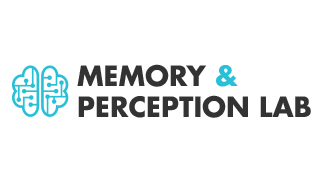
Memory & Perception Lab
Morgan Barense
As cognitive neuroscientists, we seek to understand how the brain enables the mind. That is, we want to know how biological mechanisms in the brain give rise to cognition. Our lab’s specific focus is on understanding how the brain supports memory, and how memory is affected by brain damage or disease.
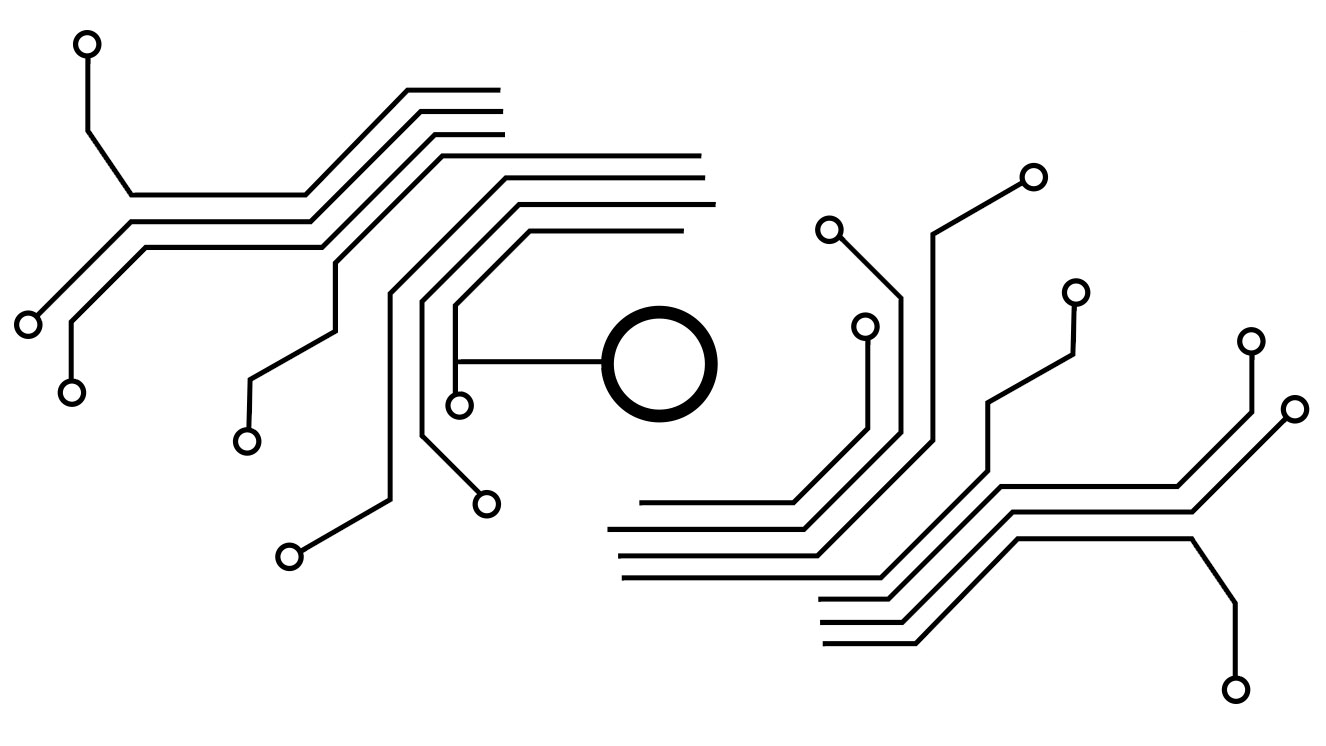
Bernhardt-Walther Lab
Dirk Bernhardt-Walther
The Bernhardt-Walther Lab investigates the neural and computational principles of high-level sensory perception. We employ neuroimaging (fMRI, MEG, EEG), psychophysics, eye tracking, and computational modeling to explore how people see and hear their real-world environments. Current interests in the lab include the representation of shape in real-world scenes, perceptual organization, categorization with GAN-generated stimuli and empirical aesthetics. We always welcome new ideas and research directions!
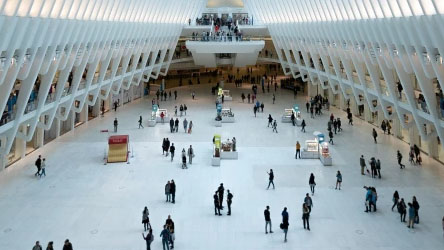
SocialAI Research Group
William Cunningham
SocialAI develops multi-agent neural network models grounded in cutting edge approaches from neuroscience, psychology, sociology, history, and cultural anthropology. We aim to illuminate the cognitive processes that enable people to navigate fundamental aspects of cooperation and competition within and between social groups.
The Duncan Lab
Katherine Duncan
Our lab uses brain dynamics to shed new light on this long-standing puzzle. Do slow fluctuations in neurochemical levels, for instance, shape how we learn and remember across the day and as we age? Do brain oscillations rhythmically shift us between acquiring new memories and recalling them? And, might these fluctuations in the brain and mind prepare us to better use our memories in our ever-changing surroundings.
Einstein Lab
Gillian Einstein
The Einstein Lab studies how the structure and function of the brain is influenced by the context of people’s lives, especially sex and gender. These influences include hormones and genes, as well as culture, social environment and personal life experiences. In turn, these factors can influence our health and successful aging.
The Cognitive Neuroscience Lab
Susanne Ferber
The long-term goal of our research program is to understand the cognitive and neural processes that support awareness of perception. As such, our work speaks to issues regarding the basic principles of the neural representation of visual perception and visually guided action. To examine the relationship between awareness and perception, our research program comprises diverse methodological approaches, such as the investigation of cognitive impairments in neurological patients (e.g., patients with spatial neglect or simultanagnosia), cognitive experiments in healthy individuals, and the examination of brain activity with modern neuroimaging techniques (fMRI and ERP).
Mack Lab
Michael Mack
The Mack Lab is interested in how we learn. We study how attention (selecting relevant information from our experiences) interacts with memory (what we know and remember) during learning. Making sense of this interaction informs not only how learning succeeds, but also why it goes awry and how to put it back on track. We explore the learning brain with a combination of behavioural experiments, computational modelling, and functional neuroimaging.
Visual Cognition Lab
Jay Pratt
The Visual Cognition Lab does research at the intersection of vision science, cognitive psychology, and action control. This includes understanding how humans selectively allocate attention across the visual field, how attention interacts with cognitive and perceptual processes, and how perception and attention are involved in generating actions ranging from key presses to eye movements. For this research, the lab uses a wide variety of experimental methods drawn from the fields of psychophysics, cognitive psychology, and motor control.
Social and Personality
Intergroup Relations Lab
Alison Chasteen
The Intergroup Relations Lab investigates stereotyping, prejudice, and stigma, both from the perceiver’s as well as the target’s perspective. Although a variety of identities are examined, a focus of the lab is on age stereotypes and ageism.
Population Well-being Lab
Felix Cheung
The Population Well-being Lab focuses on research, teaching, and advocacy related to the determinants, consequences, and policy relevance of a satisfying, purposeful, and engaging life. Our lab takes an interdisciplinary perspective and uses diverse methodological and statistical techniques to examine population well-being in relation to pressing global issues (e.g., sociopolitical unrest, economic justice, and major population events). We actively support greater openness and transparency in science.
Lockwood Lab
Penelope Lockwood
Our lab conducts social cognition studies, with a focus on social comparison. Recent research has examined the impact of role models on motivation, the impact of social media use on self-esteem and narcissism, and social comparisons in the context of close relationships, including romantic, parent-child, and sibling relationships.
MacDonald Social Psychology Research Laboratory (MacLab)
Geoff MacDonald
The primary aim in the MacLab right now is to better understand well-being in singlehood. Although it’s true that the average person in a romantic relationship is higher in well-being than the average person who is single, there is also considerable variability among single people. We're interested both in that within-group variability among single people and in getting a better understanding of how single people do (and do not) differ from partnered people. We try to take a non-judgemental approach to understanding when, for whom, and in what life domains singlehood versus partnership improves well-being.
Social Psychophysiological Research & Quantitative Methods Lab (SPRQL)
Elizabeth Page-Gould
The Social Psychophysiological Research & Quantitative Methods Lab (SPRQL) studies how subjective, behavioural, and physiological experiences during social interactions shape the way people navigate the social world. We are particularly interested in how social interactions with friends and strangers relate to thriving and community building in diverse societies. The lab is known for multi-person physiological recording, daily experience studies, and advanced data analysis.
Stigma and Motivation (SAM) Lab
Rebecca Neel
The Stigma and Motivation (SAM) Lab at the University of Toronto examines person perception, stigma and prejudice, emotion, and social motivation, primarily from social cognitive and evolutionary perspectives. Much of our work centers on how these phenomena are influenced by people's goals.
Motivation and Social Cognition Laboratory
Jason Plaks
We conduct studies that examine processes that underlie moral judgments. Recently, we have extended this work to examine when and why people trust non-human entities, including A.I. agents. A related line of research investigates lay beliefs about intentionality. In other words, what do laypeople believe to be the key ingredients that make an act ‘intentional’? This work stands at the nexus of psychology, philosophy, and law.
Social Perception & Cognition Laboratory
Nicholas Rule
What can we tell about others based just on their appearance? Can we identify whether a person is gay or straight, rich or poor, a leader or a follower? How accurately? In the Social Perception and Cognition Lab (SPeCiaL lab), we investigate how people process information about others and how doing so influences their behavior.
Teaching Stream
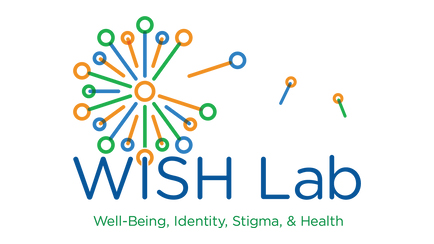
WISH Lab
Will Ryan
The WISH lab is a group of researchers, mainly undergraduates at the University of Toronto, who study a variety of questions related to well-being, identity, stigma, and health. Our research often takes a Self-Determination Theory approach, examining how social environments support and thwart the basic psychological needs (autonomy, competence, and relatedness) to impact well-being.

WoodLab
Suzanne Wood
WoodLab consists of a small number of undergraduate Research Assistants, intensely curious and eager to learn about all things. We mostly investigate drug use among students, but other topics have been known to make their way into our group.




